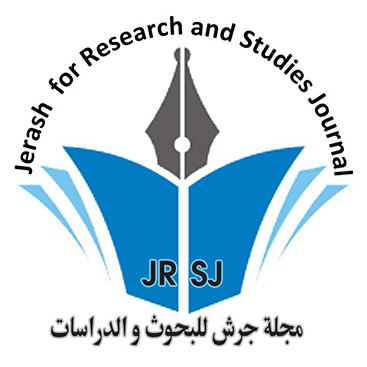Jerash for Research and Studies Journal مجلة جرش للبحوث والدراسات

Abstract
This paper examines Anne Bronte’s novel Agnes Grey as an autobiographical bildungsroman about the moral growth and development of the female protagonist in Victorian England. The heroine Agnes finds herself propelled into employment as a governess, after her family suffers financial loss, driven by her desire to explore the wider world. The evangelical upbringing of Agnes, as the daughter of a clergyman, plays significant role in developing her strong and selfless character and inspires her to sympathize with the poor. Agnes challenges the patriarchal norms and traditions that treat her as a domestic servant rather than intellectual woman and educator. She proves to be superior to her brutal and egoistic employers, who overlook her needs and feelings because of her social position as a governess, in terms of intellectuality and moral propriety. The end of the novel with Agnes starting a school with her mother and fulfilling marriage to the curate Weston could be read as a reward for her moral excellence and sincerity
Recommended Citation
Alguzo, Nouh
(2021)
"The Female Bildungsroman in Anne Bronte’s: Agnes Grey,"
Jerash for Research and Studies Journal مجلة جرش للبحوث والدراسات: Vol. 22:
Iss.
1, Article 20.
Available at:
https://digitalcommons.aaru.edu.jo/jpu/vol22/iss1/20

